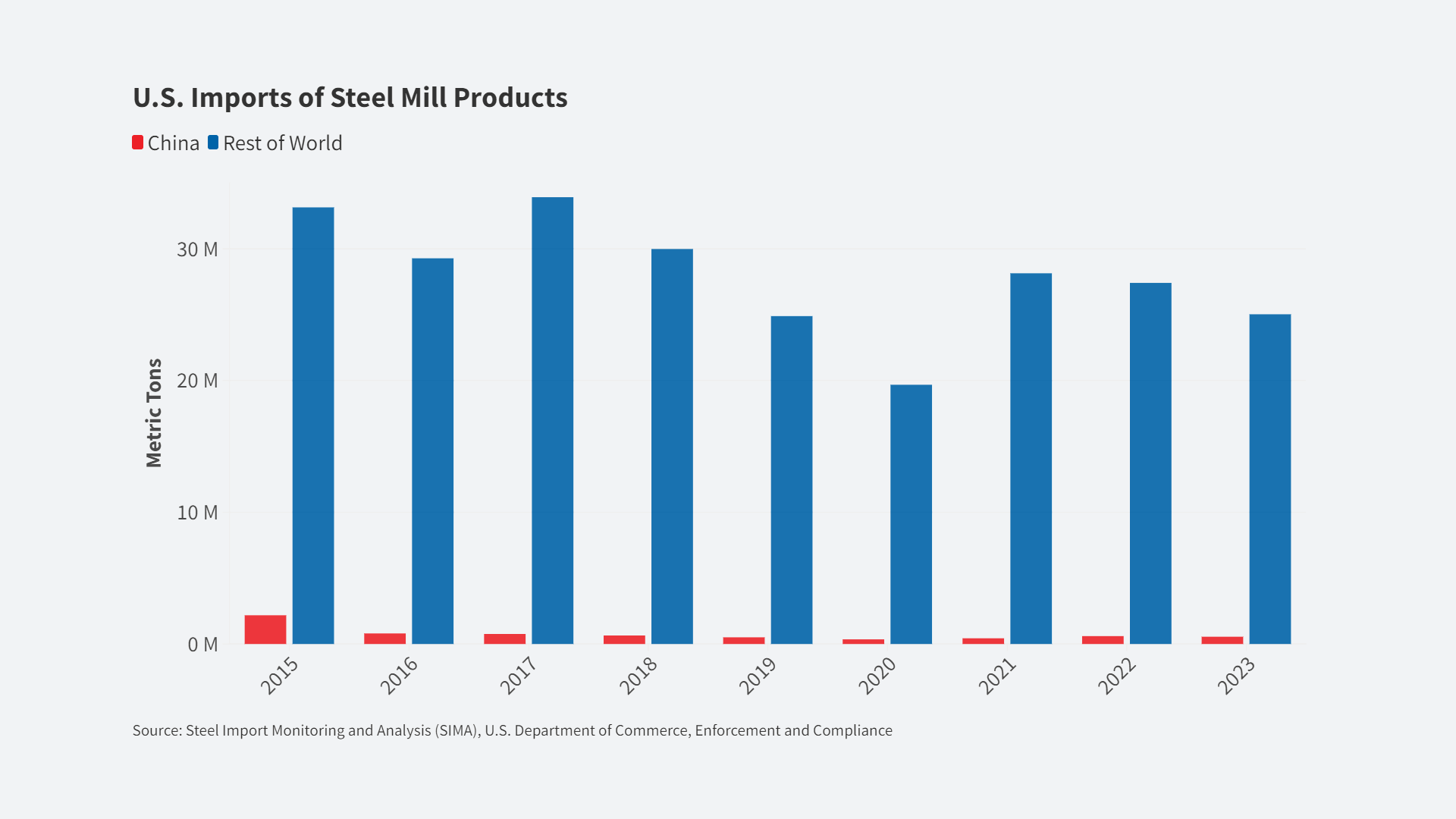
On Friday, June 12th, 2015, the House of Representatives held an extensive debate on whether Congress should adopt fast track rules for ratifying the Trans Pacific Partnership. Advocates of this secret trade deal made arguments that took them into a world of fantasy economics and delusional politics. Some examples illustrate that point.
[Reposted with the author’s permission, original version published in the Huffington Post | Pat Choate | June 15, 2015]
Congressman Paul Ryan (R-WI), who chairs the Ways and Means Committee, led the fight for ratification of the fast track rules that are called Trade Promotion Authority. Ryan’s principal claim was that fast track would put Congress in charge of trade policy. But consider this, under fast track,
· The President will draft the implementing legislation for TPP, not Congress;
· Congress cannot amend any provision within the TPP;
· Senators cannot filibuster TPP implementing legislation;
· Multinational arbitration panels will be in charge of TPP enforcement;
· Congress or the U.S. Courts cannot reverse any decisions of these panels;
· Any federal, state or local U.S. law can be challenged by these panels as trade inhibiting;
· The TPP is a living agreement in which the heads of Member nations can make changes without Congressional approval, including inviting other nations to join.
· Congress was totally excluded during the six-years that the President negotiated the TPP.
· The President even determines when and how Congress can now read the TPP text.
House Speaker John Boehner (R-OH) entered the debate, a rarity in legislative battles, with the argument that TPP would create millions of more and better jobs for American workers. Again, consider this:
· Every trade deal enacted since NAFTA came into being in 1993 has resulted in ever more outsourcing of U.S. manufacturing jobs. These trade deals have pitted well-paid U.S. workers against the penny-wage labor of Mexico and China. In 1993 before NAFTA, the U.S. had almost 16 million manufacturing jobs. As of May 2015, we had 8.6 million. (http://www.bls.gov/news.release/empsit.t22.htm)
· U.S. tax policy allows profits from corporate offshore operations to remain untaxed until repatriated back into the U.S. This allows corporations to use unpaid tax dollars to build ever more foreign factories where they can operate with penny-wage labor and no health, safety and environment rules.
· These NAFTA – type trade deals have created massive annual trade deficits. In 1993 when NAFTA was enacted, the deficit was $70 billion, which grew to more than $508 billion in 2014. (https://www.census.gov/foreign-trade/statistics/historical/gands.pdf) Foreign workers are increasingly producing the goods that Americans consume making it increasingly hard for jobless or under employed Americans to make a middle-class living.
Several advocates made the point that TPP would be an enforceable trade agreement, unlike NAFTA, CAFTA, the Korean Free Trade Agreement, and China’s accession into the World Trade Organization. Fortunately, the U.S. documents trade barriers erected by our trading partners allowing us to know just how well these free trade agreements are actually being enforced. The results are discouraging. Actually, they reveal almost no enforcement by this or any other President. Consider this:
· The International Intellectual Property Alliance annual reports between 2006 and 2014 that dozens of nations systematically steal U.S. patents, copyrights and trademarks despite having signed trade deals. These reports reveal in detail that U.S. enforcement of existing trade agreements is weak to almost non-existent. https://en.wikipedia.org/wiki/Special_301_Report#WTO_dispute_settlement_proceedings
· The 444-page 2015 National Trade Estimate Report on Foreign Trade Barriers identifies hundreds of protectionist barriers to U.S. exports that were supposedly dismantled in all these prior free trade agreements but still exist because of the non-existence of U.S. enforcement. https://ustr.gov/sites/default/files/2015%20NTE%20Combined.pdf
· President Obama claims that TPP has provisions that ensure greater enforcement, but has classified the TPP text making it impossible for voters to know if he is truthful.
What is missing in the TPP is also significant. TPP does not confront the currency manipulation by Japan and other participants in the TPP. Nor does it confront in any way the border tax discrimination against U.S. companies that is a hidden but powerful protectionist tool used by the 11 other TPP nations. Labor and environmental protections are also almost non-existent according to Members of Congress who have read the agreement.
What is particularly appalling about all this is that we are being asked to trust a President and Congress who are the most dysfunctional in living memory.
Simply put, we have been told too many trade lies to rely on any Presidential or Congressional promises about the contents of TPP. If the President wants TPP ratified, he must release the text so it can be studied and amended by Congress.
No more secret trade deals should be the policy of our government.













